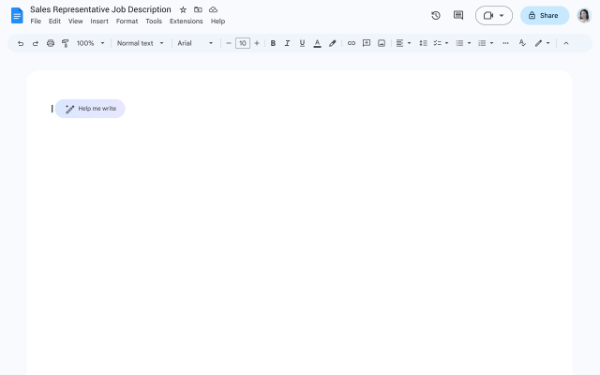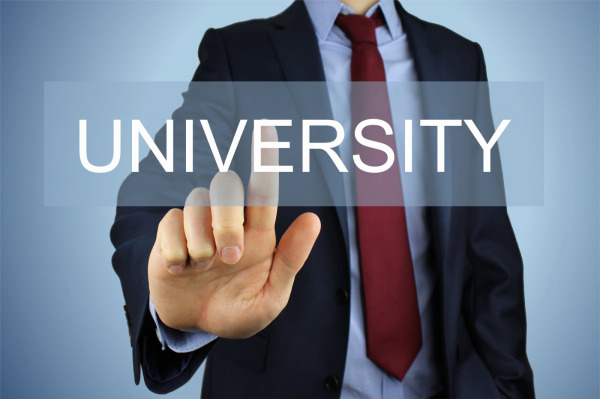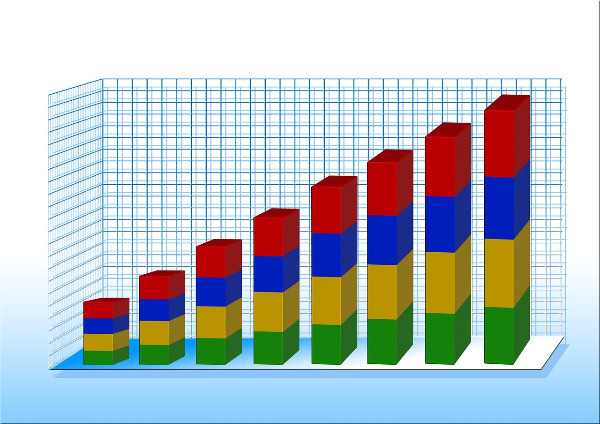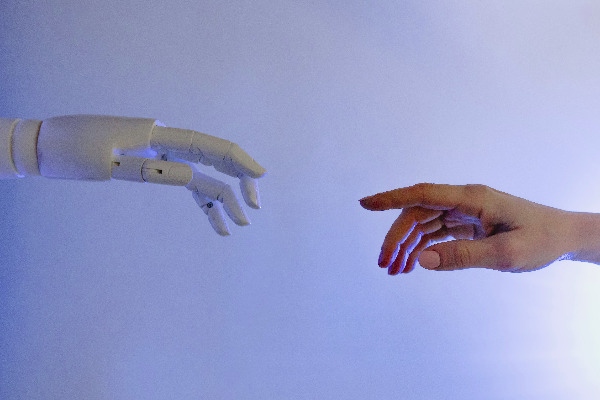Artificial intelligence will change human relationships. How those relationships will change is unknown.
We create non-biological life forms, such as robots, and we usually make them in our own image. And yet, when they are too close to humans most of us find it creepy.
Mary Shelley was thinking about this long before computer science and AI. Her 1818 novel Frankenstein in which a scientist becomes horrified after he creates new life. Currently, although you hear about AI almost daily, most of it is behind the scenes. It is helping design drugs and also trying to predict what you want to stream next on your TV or might want to buy.
The concept of artificial general intelligence (AGI) is AI as a multitasking problem-solver whose capacity to understand and learn is equal or superior to ours. That may sound scary (we don't usually like to be surpassed by machines) but it could be a reality within decades.
 Jeanette Winterson wrote 12 Bytes: How We Got Here. Where We Might Go Next, a collection of essays on the implications of artificial intelligence for the way we live and love. Frankenstein is only one of many examples of a scientific advancement that started out as fiction. (Winterson also wrote a novel, Frankissstein, a reimagining of Frankenstein.)
Jeanette Winterson wrote 12 Bytes: How We Got Here. Where We Might Go Next, a collection of essays on the implications of artificial intelligence for the way we live and love. Frankenstein is only one of many examples of a scientific advancement that started out as fiction. (Winterson also wrote a novel, Frankissstein, a reimagining of Frankenstein.)
Winterson seems to me to be both hesitant about full-on AI and excited about its possibilities. Maybe much further in the future, we will share our world with robots or whatever AI human forms that are as intelligent or more intelligent than us.
Sooner than that, we might have a companion for a senior citizen using AI who will always listen, day and night, will remember not only when to take what medication but also about all their family and friends. Maybe it will play games with them. Not video games but moving chess and checkers on a board or holding a hand of cards. And it can be fine-tuned to win sometimes and lose believably sometimes.
There will be sexbots too. Fiction predicted that a long time ago. But you don't have to be a senior citizen to have an AI companion of the platonic type. The overall theme of the book - and a central question in AI ethics - is how our relationships will change when we live with and among AI. This is not just human to AI relationships changing but it is going to change human to human relationships.
The book brings up topics new to me, such as transhumanism. That is the idea that we can our biological limits. Yes, that means merging with AI - an idea that came up long ago in fiction. It's not surprising that Winterson became interested in artificial intelligence after reading Ray Kurzweil’s The Singularity is Near:When Humans Transcend Biology.
12 bytes is 12 essays. She goes back to the first industrial revolution. It gave us steam engines, mass production and leaps in technology. It also gave us pollution and a hard-worked lower class. She considers how AI, being genderless, may affect concepts of gender. She considers robots as possibly being a transitional stage for AI. AGI would be all around, and it might also be in us.
As human/nonhuman boundaries blur, perhaps the most radical AI transhumnism would be when your self/soul is placed within some kind of AI container. Life after death. Surely, this would make us reevaluate what makes a human a human.
All this makes Zuckerberg's vision of a metaverse seem tame, though I suspect that very few of us want to be a thing in the Internet of Things.


 There has been lots of talk about the losses in learning during the pandemic. Much of that talk has been around the shift to online learning and what was perceived as lost by not being in physical classrooms.
There has been lots of talk about the losses in learning during the pandemic. Much of that talk has been around the shift to online learning and what was perceived as lost by not being in physical classrooms.
